The Danish spin-out from Aarhus University, Fieldsense, will, with the roll-out of their mobile weather stations, make it easier for farmers to adapt to hyperlocal weather conditions and streamline their agricultural businesses.
Although most things these days can be turned on and off with an iPhone, the weather is still one of the few mysteries left on this earth. We just can not control it. Sometimes not even predict it. It is no wonder gods throughout history have symbolized the weather; from Zeus’ lightning to Thor’s unpredictable thunder. Rain, snow and sun – the weather is one of the few things many – especially farmers – still, pray to God for.
But maybe that is about to change. The Aarhus-startup Fieldsense has with great success developed a mobile weather station that farmers can install in their fields and thus get an overview of the hyperlocal weather situation in real-time. That way, they can see from home if it is too windy to crop spray in a field 20 kilometres away, and instead concentrate on other work tasks that day.
“It is essential for farmers, for example. to know if they can drive in their fields, if there are local showers on the way or have already been and if the wind conditions are optimal in terms of spraying – or if you just throw money out the window. Running a farm is a really complex logistical exercise and extremely weather dependent. With our solution, the lives of farmers will be a little easier,” John Smedegaard, CEOCEO betyder Chief Executive Officer og er den øverste leder i en virksomhed, ansvarlig for den overordnede strategi og ledelse. CEO’en rapporterer normalt ti... More and Co-founder of Fieldsense.
Fieldsense considers themselves a data platform for the farmer. Using various data sources, the platform allows users to analyze the entire agriculture and get information about both air pressure, humidity, evaporation and the amount of light in addition to of course wind and weather. From there, farmers can make better and more efficient decisions about everything from when to harvest to whether the crops still have too much moisture from local rain for it to make sense to crop spray them.
“We do not need to be the most accurate in Paris or Berlin. But out in a field, in the middle of nowhere, we want to be the best,” Smedegaard says.
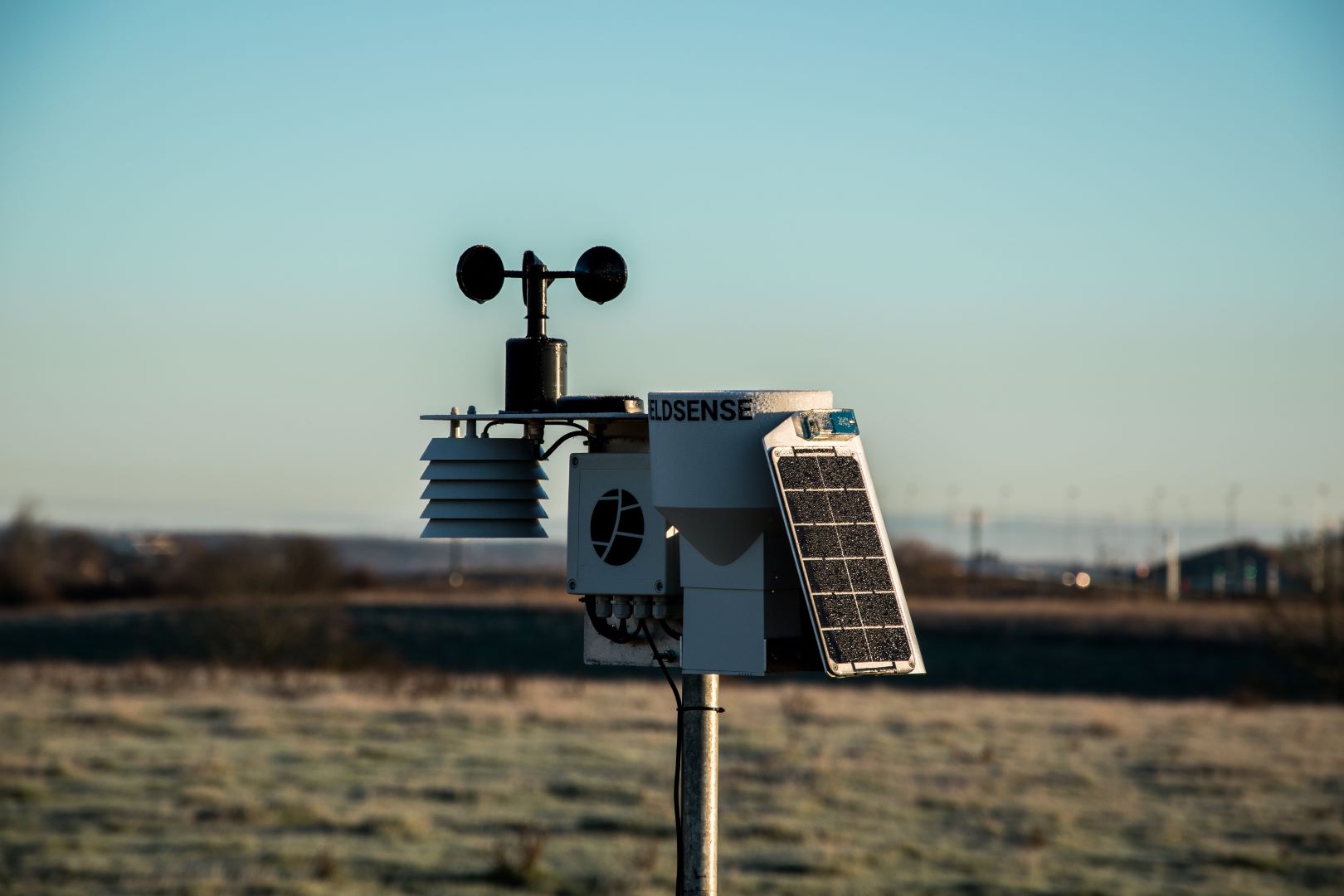
More weather stations mean better predictions
The next layer of data on the platform comes from satellites, which are used to locate which areas of the field need more care. Combined with accurate weather data, it provides farmers with a range of completely new tools that makes the logistics of running a farm more efficient.
“It used to be said that there is a farmer in every family when you go back two generations, but that’s not the case anymore. They can no longer call and ask the neighbouring farm how the weather is at their place,” John Smedegaard says.
Fieldsense has recently completed a successful investment round led by the commodity group Danish Agro as well as the venture capital fund Rockstart and the Pajbjerg Fund as co-investors. Among other things, the investment will be used to consolidate its position in the market.
“We want as much history as possible, which is why we are expanding aggressively. Because our platform uses machine learning for forecasts, it constantly becomes more accurate by being able to observe conditions historically over time and across national borders. We can not just set up a lot of stations in Denmark and then hope to make a forecast in Finland,” the Fieldsense CEO says.
Datafarmers
As weather conditions in large parts of the world change, it is becoming increasingly important for farmers to be able to predict and adapt to the circumstances. Especially when it comes to one’s livelihood.
According to the Fieldsense founder, local weather stations are part of a tech wave that is sweeping across the sector as agricultural farms get bigger and bigger, but also more and more rare.
“I feel as though we are part of a revolution. Besides meteorologists, I would say that farmers have the best sense of the weather. And right now we’re seeing a wave of farmers or data farmers using data in a whole new way to run their farms. Some have up to 17 weather stations and it is really impressive how extensive their scientific knowledge is,” Smedegaard describes.
And that knowledge will only become more important in the future when fewer hands will have to supply more produce.
“There are fewer and fewer in agriculture, and at the same time, consumers expect the price not to rise. In order to solve this, a lot of new tools are needed that can streamline and optimize operations. We are not the whole solution there – but we are part of the solution,” John Smedegaard says.


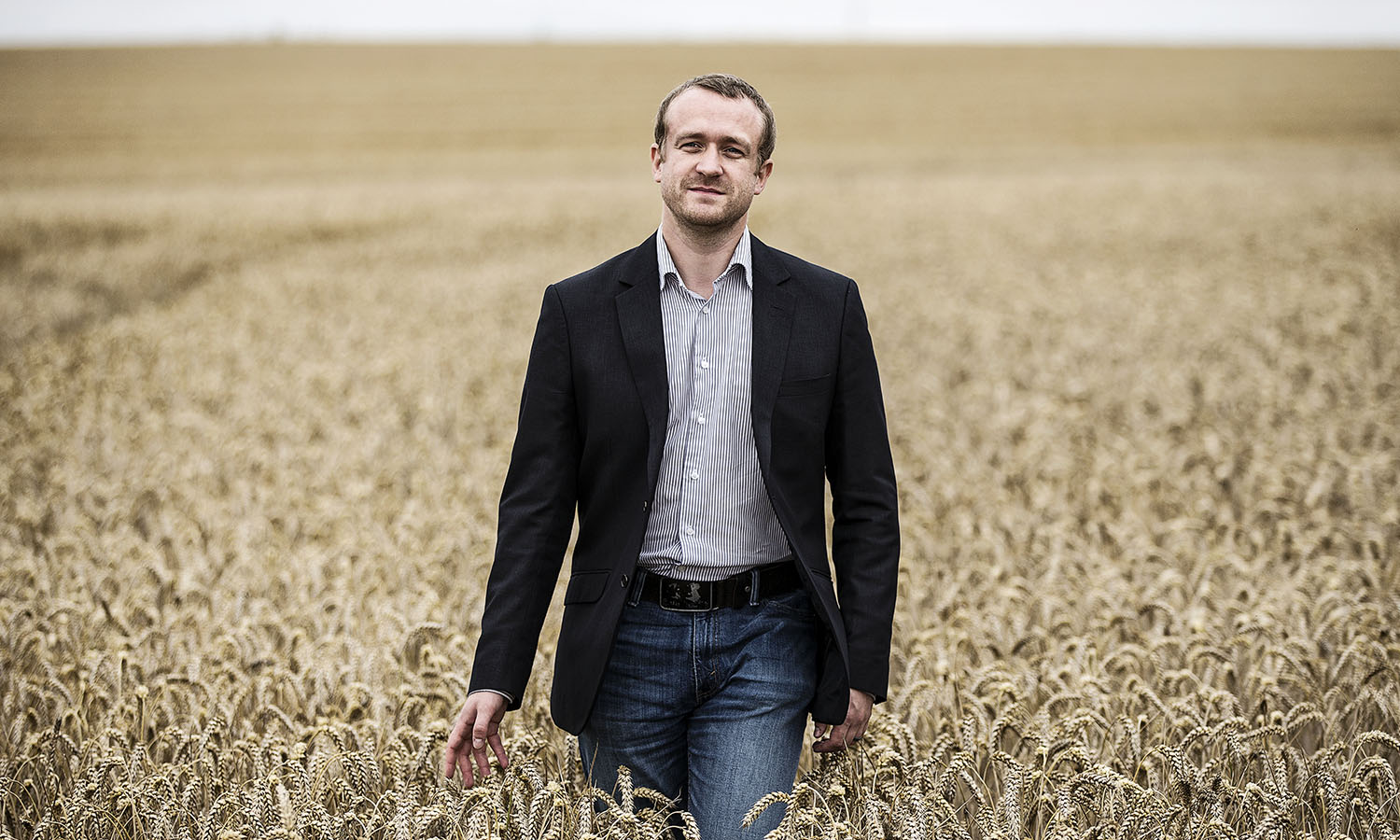

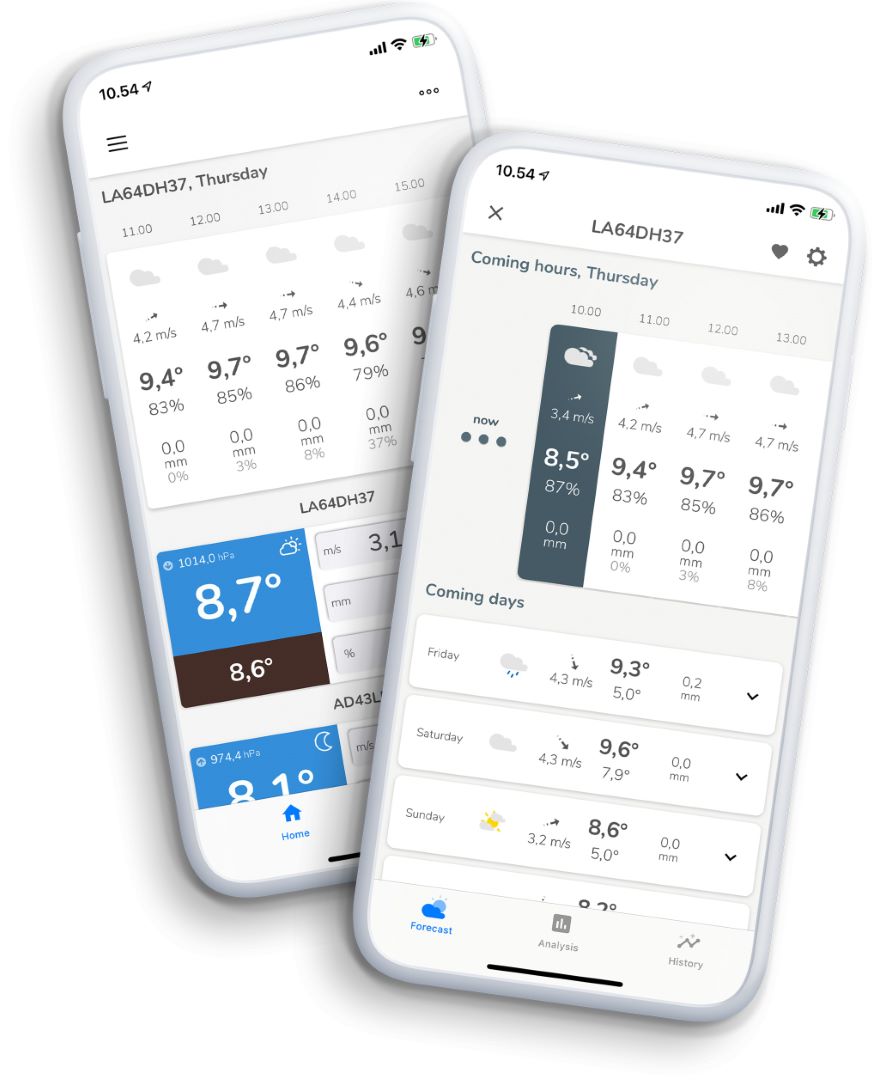
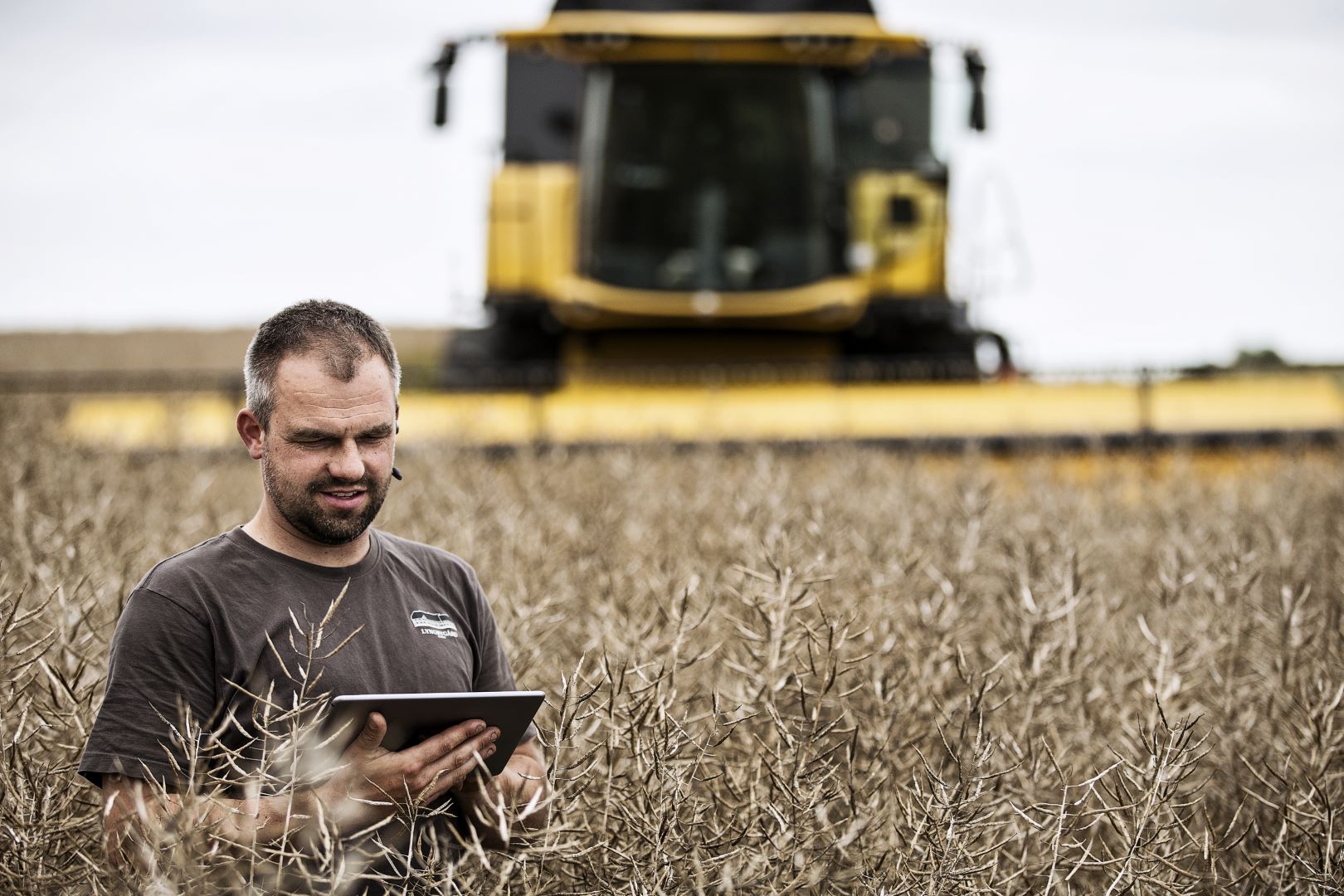
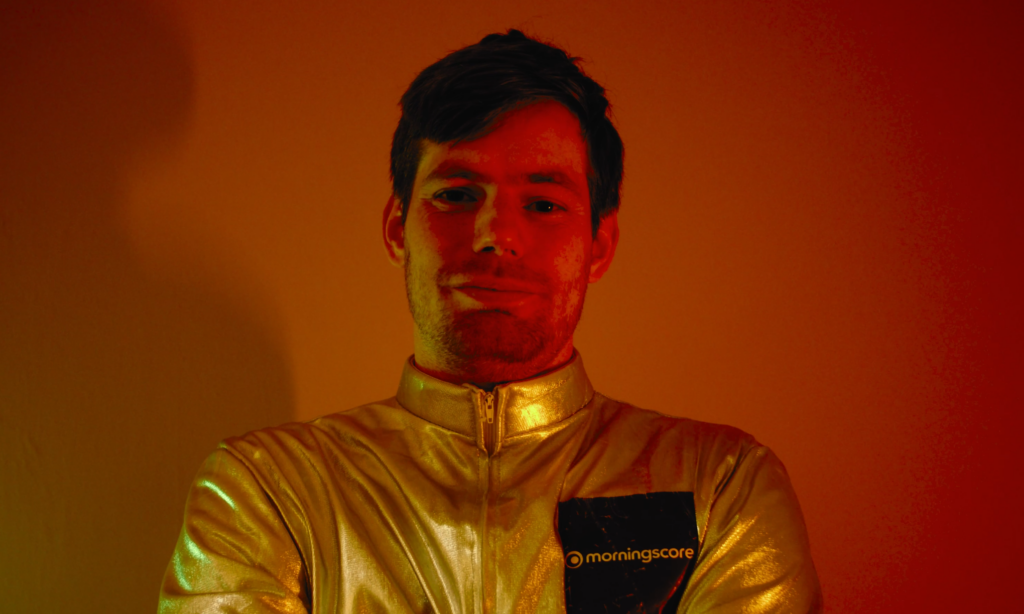
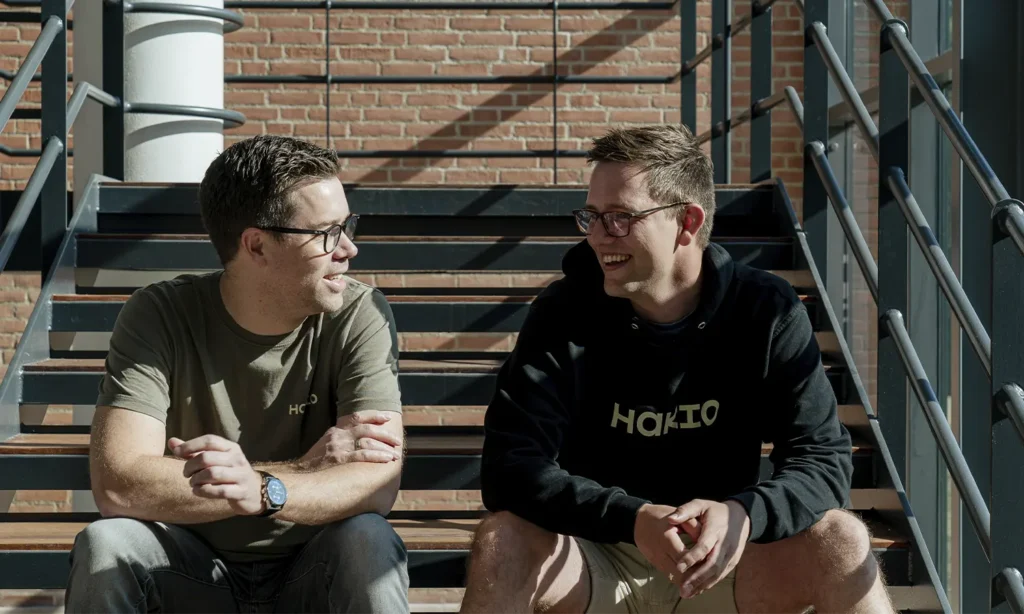


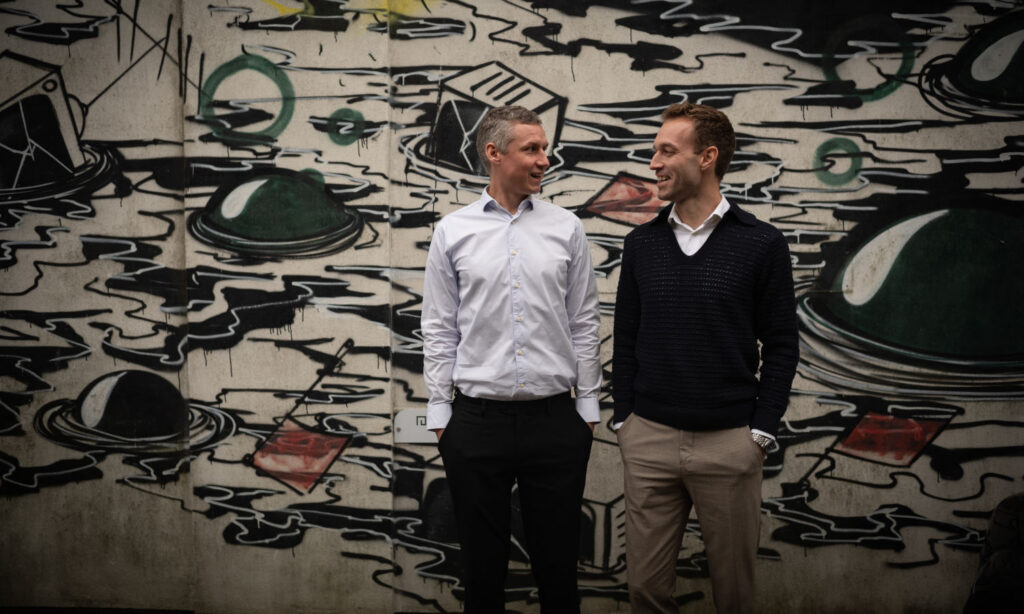

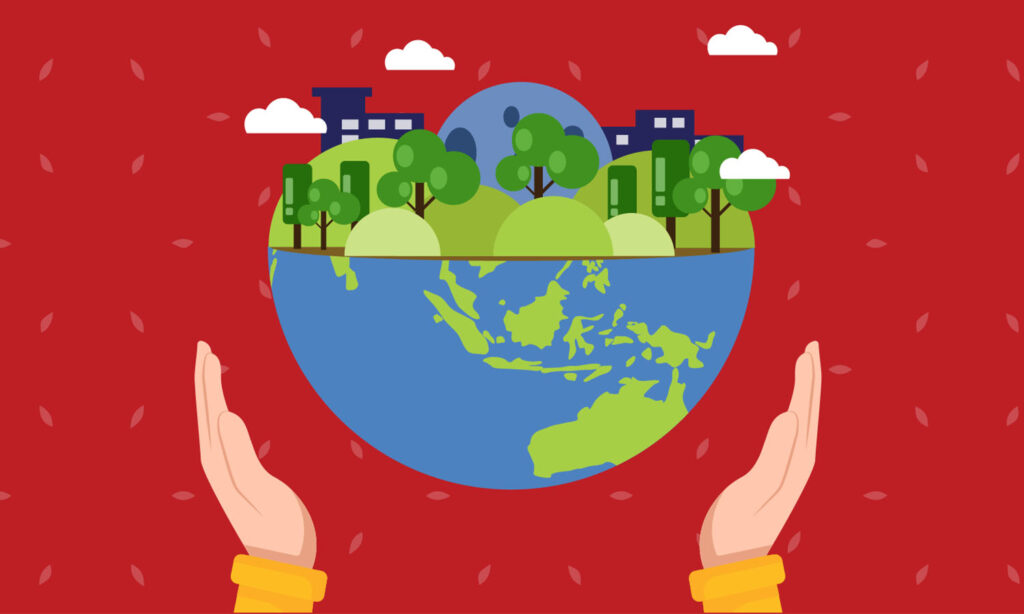
 Kære læser, du er meget velkommen til at dele vores artikler på sociale medier, linke eller referere til artikler eller content på TechSavvy.media. Men ønsker du helt eller delvist at kopiere indhold fra sitet må det kun ske efter aftale med vores redaktion på editorial@techsavvy.media.
Kære læser, du er meget velkommen til at dele vores artikler på sociale medier, linke eller referere til artikler eller content på TechSavvy.media. Men ønsker du helt eller delvist at kopiere indhold fra sitet må det kun ske efter aftale med vores redaktion på editorial@techsavvy.media.
 Kære læser, du er meget velkommen til at dele vores artikler på sociale medier, linke eller referere til artikler eller content på TechSavvy.media. Men ønsker du helt eller delvist at kopiere indhold fra sitet må det kun ske efter aftale med vores redaktion på editorial@techsavvy.media.
Kære læser, du er meget velkommen til at dele vores artikler på sociale medier, linke eller referere til artikler eller content på TechSavvy.media. Men ønsker du helt eller delvist at kopiere indhold fra sitet må det kun ske efter aftale med vores redaktion på editorial@techsavvy.media.